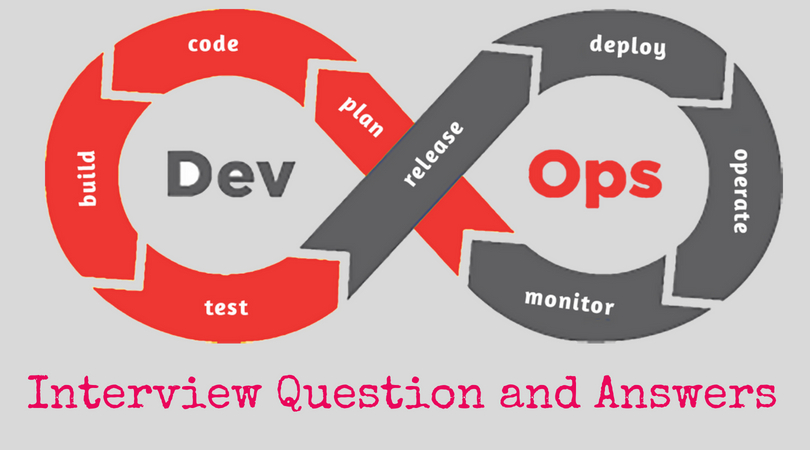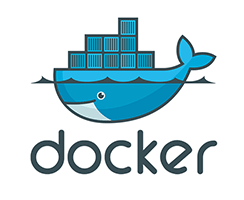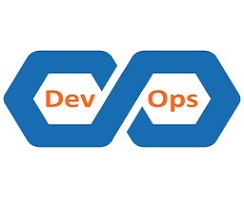
Top DevOps Interview Question and Answers in 2020
Question 1
Why DevOps?
- To maximized deployment frequency
- The low possibility of new release failure
- Faster recovery in the event of new release crash
DevOps meets all these requirements and assists in attaining continuous software conveyance. You can give instances of enterprises like Google and Amazon which have adopted DevOps to feat levels of performance that were done never before. They are doing tens of thousands of code deployments each day while deploying best stability, dependability and security.
Question 2
What does a DevOps engineer do to agile development?
Question 3
How is seamless delivery related to DevOps practice?
Question 4
What are the key aspects behind DevOps?
- Infrastructure as code
- Seamless deployment
- Full-fledged Automation
- Thorough Monitoring
- High level Security
Question 5
What are the important tools to work with DevOps?
- Jenkins
- Ansible
- Git
- Docker
- Nagios
- Monit
- ELK (Elasticsearch, Logstash, Kibana)
- io
Question 6
What are the technical and business advantages of DevOps?
Technical benefits:
- Software delivery is seamless and never ceases to exist.
- Minimized Complexity problems.
- Faster problems resolutions
- Minimum number of Manpower.
Business benefits:
- Higher rate of features delivery.
- Stability in operating environments
- More time earned to Add values.
- Faster time to market
Question 7
Where does agile and DevOps differ?
But the DevOps practice is all about deployment and management of the software. But DevOps never does replace Agile. It does this by expelling handovers, and streamlining deployments to permit faster and more seamless deployments to production phase.
Question 8
What are the adaptations techniques of DevOps practice?
- Using agile and other development procedures and methods.
- High demand for an evolved rate of production releases from application and business.
- Wide possibility of virtual and cloud infrastructure from both internal and external service providers.
- Maximized usage of data centre, automation and configuration management toolkits.
- Growing focus on test automation and seamless integration techniques.
- Best practices on crucial problems.
Question 9
What are essential skills needed to become a DevOps engineer?
- Good knowledge in system administration
- Experience in Virtualization
- Excellent Scripting knowledge
- Good developing expertise
- Knowledge of Chef in automation tool
- Real-time Cloud operations experience
Question 10
Why are configuration management processes and tools important in DevOps?
Question 11
How IaC is implemented using AWS?
Thorough knowledge of processes, tools, and relevant technology are crucial. You must also have a complete understanding of the products, services, and systems accordingly.
Question 12
What are the benefits of using version control?
- With Version Control System (VCS), all the team members can work freely on any file at any given time. VCS will later help us to blend all the changes into a common version.
- All the previous versions and variants are compactly packed up into the VCS. When we require it, we can request any version at any time and we will have a snapshot of the full project.
- Every time we save a newer version of the project, the VCS needs us to provide a short description of what was changed in the process. Moreover, we can see what actually was modified in the content of the file system. This gives us ample evidence as to who has made what change in the project.
- An evenly distributed VCS like Git helps all the team members to have full history of the project so if there is a breakdown in the main server we can use any of the teammate’s local Git repository.
Question 13
How can we move or copy Jenkins from one server to another?
- Move a job from one installation of Jenkins to another by just copying the relative job directory.
- Make a copy of an already available job by cloning a job directory by a different name.
- Rename a current job by renaming a directory. If we change a job name we will require to alter any other job that attempts to call the renamed job.
Question 14
What is Continuous Testing?
Question 15
How to automate Testing in DevOps lifecycle?
Question 16
What is Ansible module?
Question 17
Why is Continuous monitoring important?
- continuous audit
- continuous controls monitoring
- continuous transaction inspection




